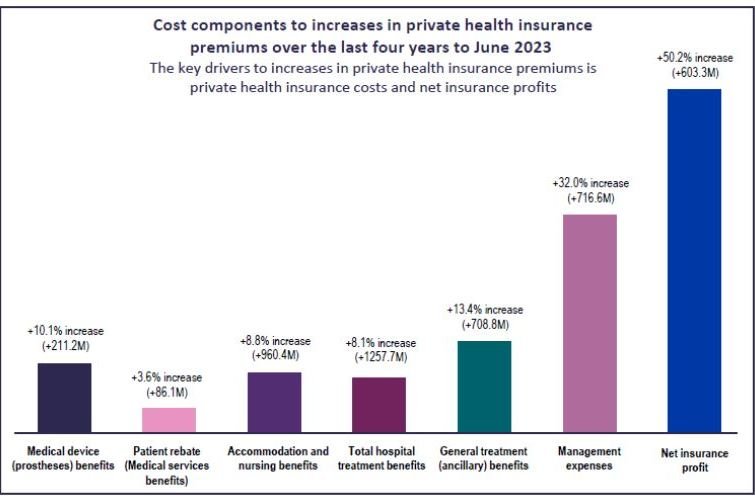17 June 2021, Rome – The private sector can be a crucial ally in global efforts to make agri-food systems more resilient, sustainable, efficient and inclusive to ensure healthy diets for all.
This was a key takeaway from the B20-G20-FAO Dialogue on Sustainable Food System, a joint initiative co-organized by the Business 20 (B20) Italy, the Food and Agriculture Organization of the United Nations and the Italian Presidency of the G20.
In his welcoming address, FAO Director-General QU Dongyu highlighted the importance of treasuring and safeguarding local food production and traditional healthy diets. They are vital for advancing efforts towards agri-food systems that respect the environment, culture and well-being of people, he noted.
As examples of healthy, traditional diets, Qu cited the Mediterranean diet, which implies high intakes of diverse vegetables, fruits, legumes, herbs and olive oil, as well as Roman, Egyptian, Greek, Chinese and Indian food culture with more than 3000 years of history.
Food diversity comes from biodiversity, he stressed, therefore, protecting biodiversity, culture and food traditions is critical for ensuring healthy diets. The Director-General also highlighted the technical support of FAO to the G20 as well as the excellent cooperation with Italy in that framework and beyond.
Speaking at the event Italian Minister of Foreign Affairs and International Cooperation Luigi Di Maio called on the world leadership to urgently tackle all inefficiencies and bottlenecks on the way to sustainable food production. Fostering inclusive dialogue with other stakeholders, including academia, private sector and trade associations will be key to make progress, he added. Di Maio pointed out that Italy traditionally is a key actor on the multilateral scene when it comes to food and nutrition and is ready to bring proposals to the UN Food Systems Pre-Summit in Rome this 26-28 July as a complementary vision between local and global food systems.
For her part, B20 Chair Emma Marcegaglia assured that together with governments and international organisations, business stands on the front line in securing healthy and sustainable food chains.
Ivano Vacondio, President of Federalimentare – a Italian food industry federation – echoed her words stressing that businesses must join the efforts in addressing issues related to food security and nutrition and work closely with the COVID-19 Food Coalition. Launched by the Government of Italy and led by FAO, the coalition is a multi-stakeholder, multi-sectoral mechanism that aims to mobilize political, financial and technical assistance in support of countries affected by the COVID-19 crisis.
FAO Chief Economist Maximo Torero said that we were in a critical moment because COVID-19 had exacerbated pre-existing drivers of fragility, inequalities and exposed structural vulnerabilities. With rising hunger, extreme poverty, malnutrition and environmental stress, the private sector, together with the public sector, academia and civil society are key actors of the agri-food systems. He stressed the need for joining efforts to optimize the use of natural resources and increase access to healthy diets for all.
Closing the meeting, FAO Assistant Director-General Maurizio Martina pointed to the key factors for strong partnership between public institutions and the private sector, including the spread of technology and innovation, access to reliable data, renewed investment in human capital and an open market based on fair trade principles. He also highlighted that the resilience of food systems must be increased to minimize risks by strengthening investment and capacity to prevent emergencies.
Other participants included Barbara Beltrame Giacomello, Vice President of Confindustria and B20 Chair of the Trade and Investment Task Force; Paola Leoncini-Bartoli, Director for Cultural Policies and Development, UNESCO; and Ramon Estruch Riba, Associate Professor at the Department of Medicine in Universidad de Barcelona.
About the B20-G20-FAO Dialogue
The Dialogue aimed to raise awareness on food and nutrition-related issues and on the environmental, social and economic sustainability of food systems in view of the United Nations Food Systems Pre-Summit. The event is conceived as a contribution to the Meeting of the G20 Ministers of Foreign Affairs that will be held in Matera on June 29th, where they will assess, among other issues, outcomes and orientations on food security.
This year, the Dialogue focused on such topics as trade and investment, energy and resource efficiency, digital transformation, sustainability and global emergencies, health and life sciences among other issues.
The Business 20 (B20) is a venue for dialogue between the G20 and the global business community. Established in 2010, it is reserved to the private sector and its representatives.
The B20 is composed of an average of over 1,000 delegates from the G20 countries, including top executives from the leading multinational corporations. It accounts around 2,000 participants representing an overall business community of over 6.5 million businesses.







